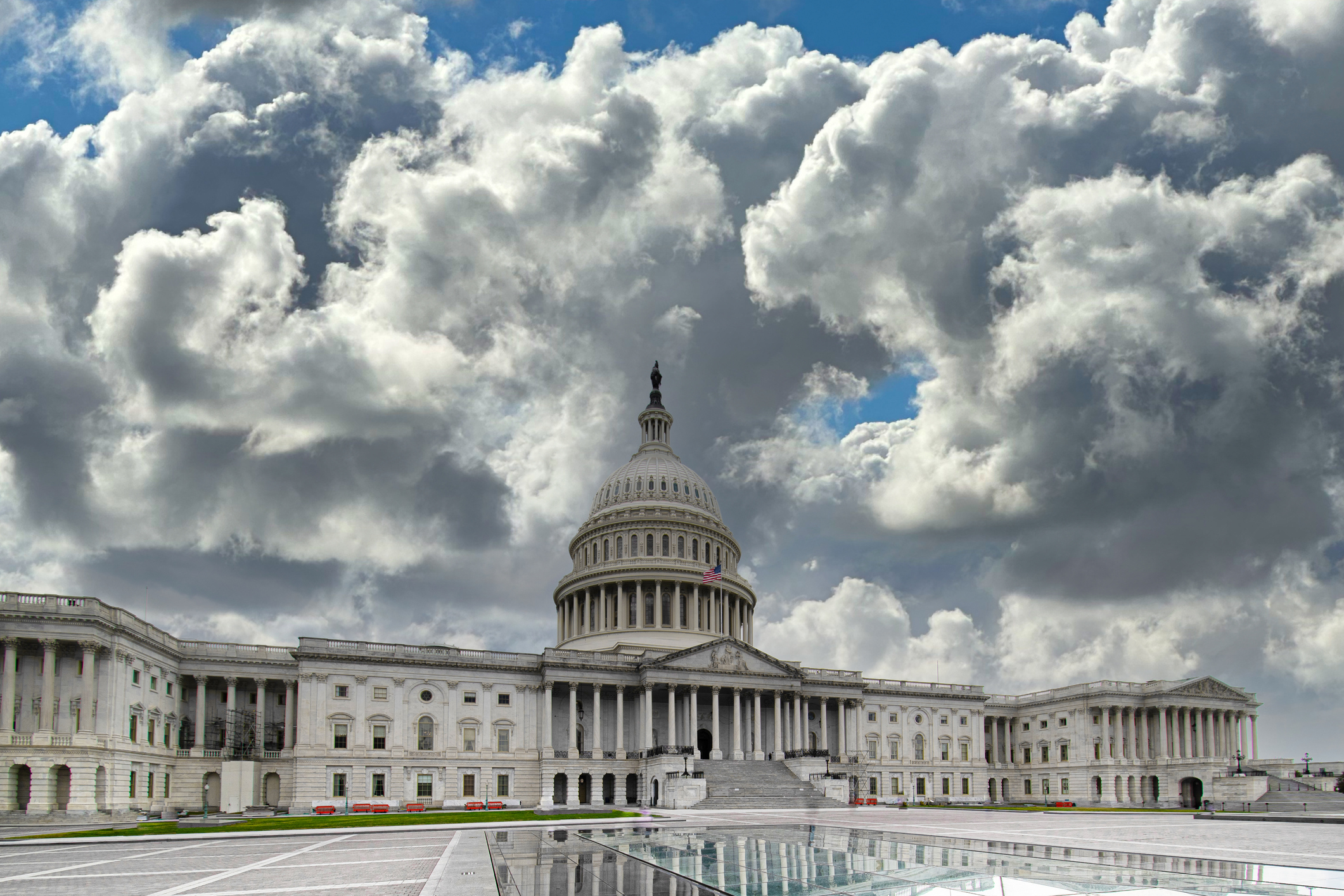Government Shutdown: What Multifamily Borrowers Need to Know

Unless an 11th-hour agreement is reached, a political impasse over budget legislation for the next fiscal year will trigger a federal government shutdown.
Starting October 1, 2025, many non-essential federal government operations could potentially be limited or suspended, but most multifamily financing activities will not be disrupted. But, economists have estimated that the impact of a government shutdown, which could cause a contraction in the U.S. gross domestic product (GDP) of less than 0.2%, would not be strong enough to cause an immediate recession.
On the minds of multifamily borrowers are the agency programs most affecting them, including those offered by Fannie Mae and Freddie Mac (the Agencies), and the U.S. Department of Housing and Urban Development’s (HUD) Federal Housing Administration (FHA). While HUD and many other U.S. government departments may limit operations, organizations not reliant on Congressional appropriations, such as the Agencies, will continue functioning normally.
What is a Government Shutdown, and How Will It Affect Multifamily?
A government shutdown suspends many everyday functions of the U.S. government until Congress reaches a deal. In the interim, many federal employees will be placed on furlough or asked to work without pay, limiting or restricting its services to many sectors, including some types of multifamily borrowing. Agency lending, however, will not be interrupted, and there is no cause for concern. Borrowers should anticipate some inconveniences, such as processing and closing delays.
Fannie Mae and Freddie Mac
Fannie Mae and Freddie Mac have typically operated without interruption in government shutdowns. They are federally chartered, shareholder-owned, private entities regulated by the Federal Housing Finance Agency (FHFA). Known as Government Sponsored Enterprises (GSEs), they are not funded through Congressional appropriations and their securities are not backed by the full faith and credit of the federal government.
During a shutdown, the Agencies can still buy mortgages and package loans into mortgage-back securities, although selling and servicing delays may occur. Unless there is a prolonged shutdown, only limited disruptions related to dependencies on the FHFA are likely to occur.
The U.S. Department of Housing and Urban Development (HUD)
In a government shutdown, HUD could cease some of its non-emergency operations and may function with a limited number of staffers. Only a narrow range of activities is permitted when there is a lapse in Congressional appropriations.
FHA will not make new loan commitments in the multifamily program during a shutdown, but it will maintain operational activities, such as paying claims and collecting premiums. Although the processing or closing of FHA-insured loans may be delayed, FHA underwriting and processing requirements remain in force.
Additionally, new affordable housing projects through HUD would freeze, putting some new projects at risk. Even a short-term shutdown would have an immediate impact on HUD programs.
Contact Us with Any Questions
If you have questions about how the government shutdown could impact your multifamily financing, contact one of our expert loan originators for assistance.
Interested in the multifamily real estate investment market? Contact Arbor today to learn about our array of multifamily, single-family rental, and affordable housing financing options and view our other market research and multifamily posts in our research section.

